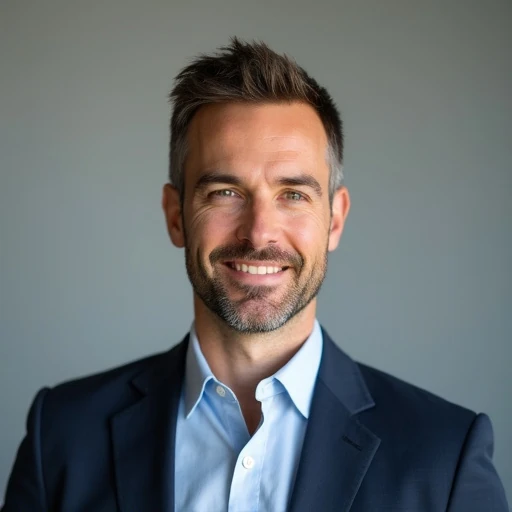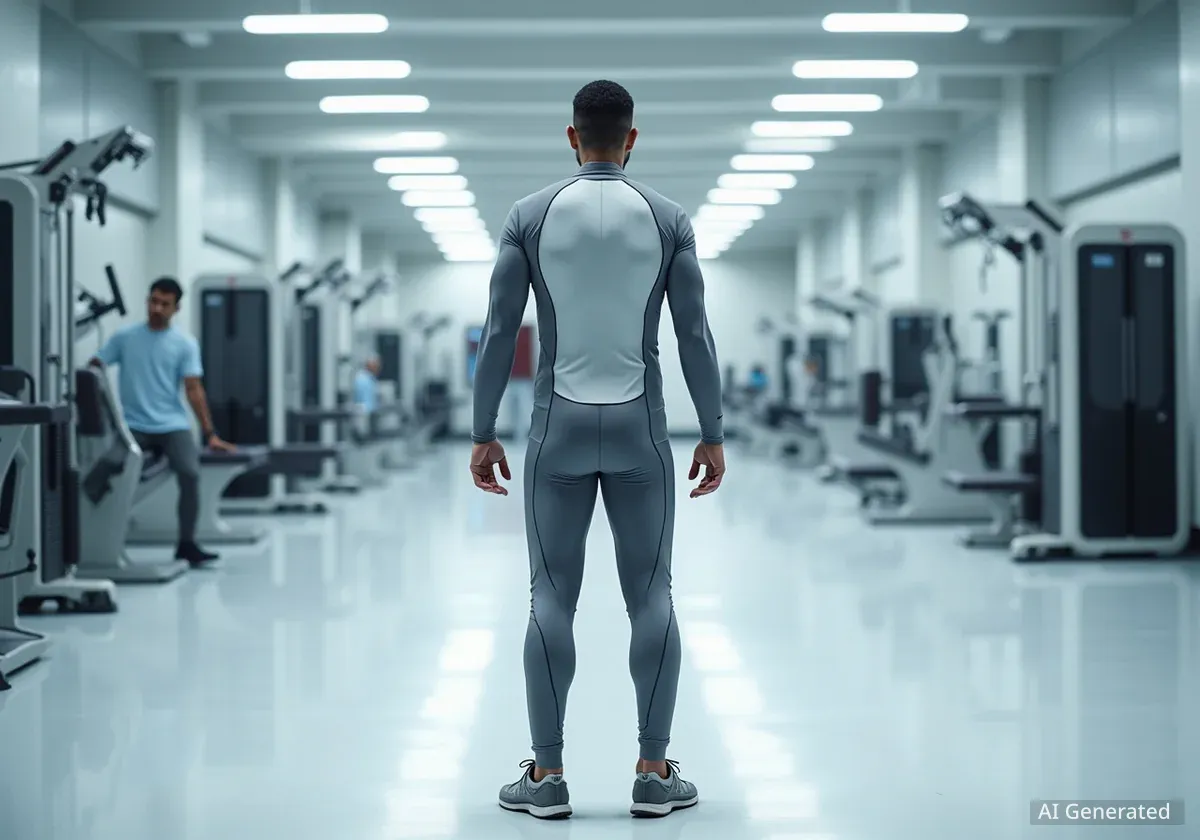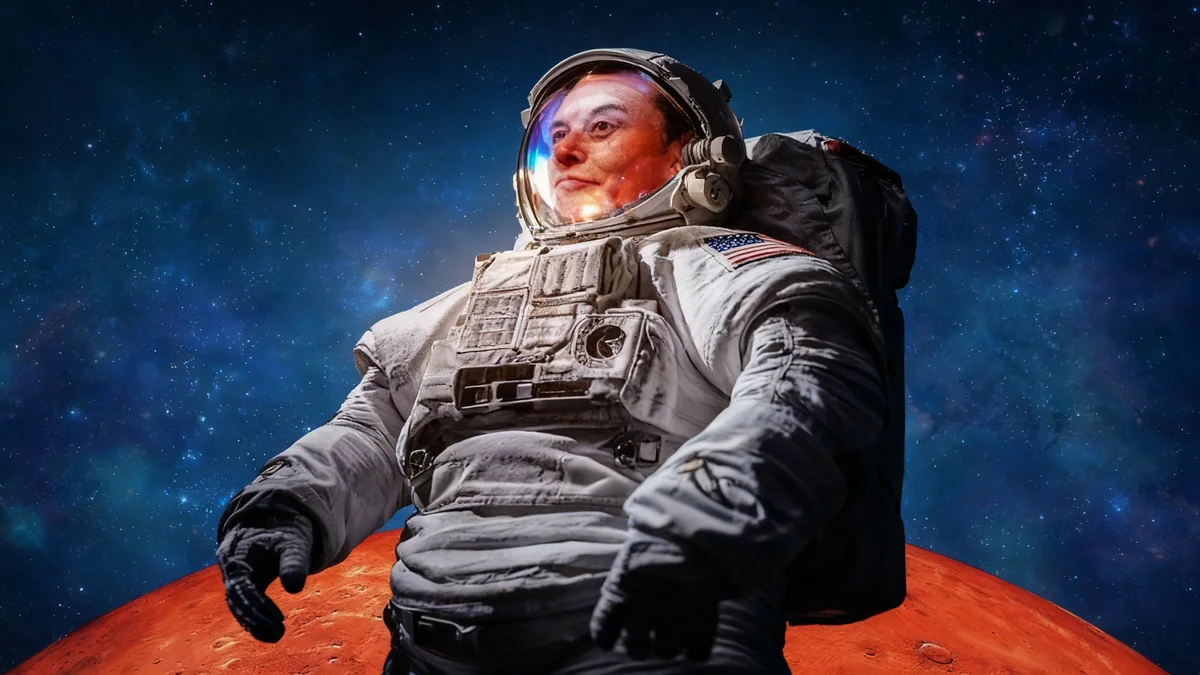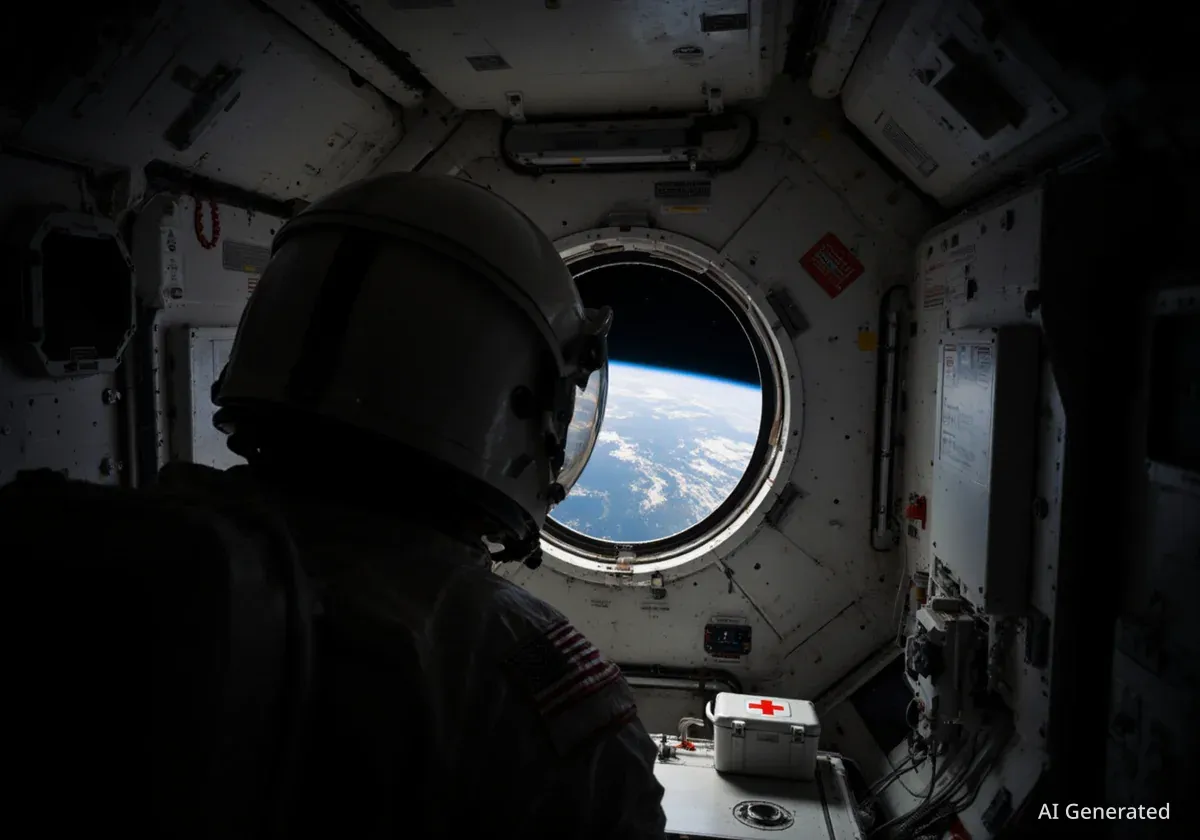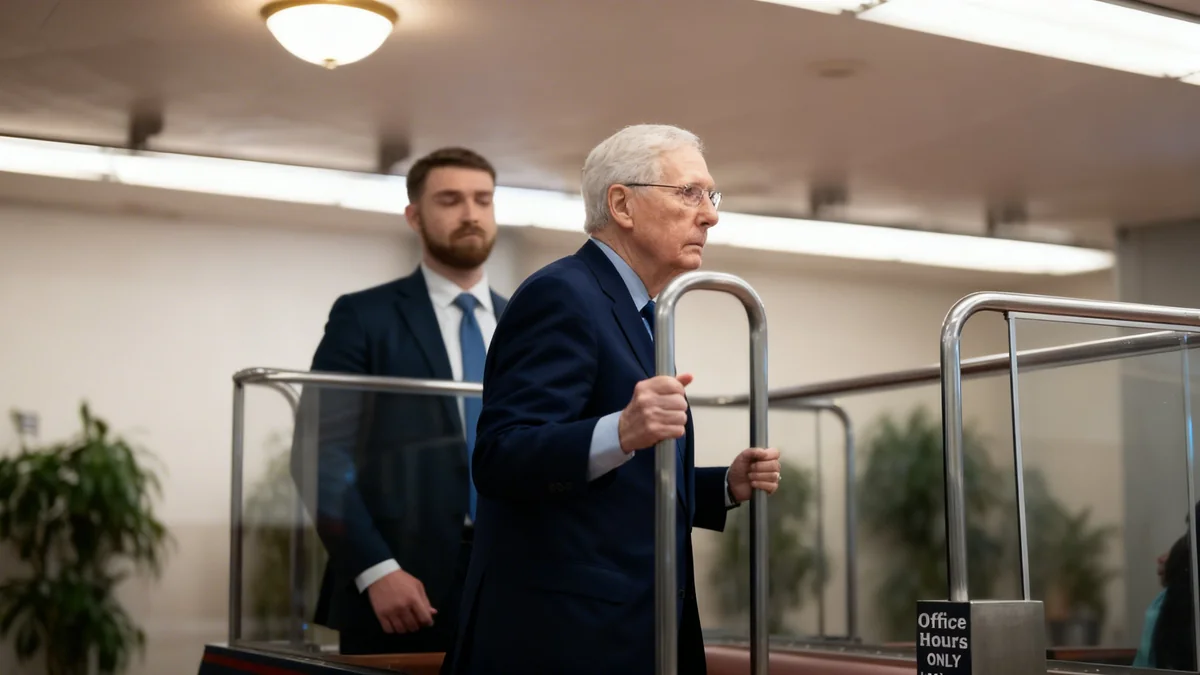Axiom Space has announced the selection of Portuguese physiologist Emiliano Ventura as its first-ever “Project Astronaut.” The announcement was made on October 13, 2025, at the International Astronautical Congress in Sydney. Ventura will lead a new pilot program designed to test an intensive six-month astronaut training protocol, combining his expertise in human performance with the rigors of spaceflight preparation.
This initiative aims to gather scientific data on how the human body adapts to demanding training environments, with the goal of refining preparation methods for future commercial astronauts. Ventura, who has previously supported Axiom Space crews, will also conduct research with the long-term objective of participating in a space mission to study microgravity's effects on human physiology.
Key Takeaways
- Emiliano Ventura, a Portuguese physiologist, has been named Axiom Space's first Project Astronaut.
- The initiative is a pilot program to test a new six-month training protocol for commercial astronauts.
- Ventura will apply his expertise in human performance to study physiological responses during training.
- Veteran Axiom Space astronauts, including Michael Lopez-Alegria, Peggy Whitson, and Koichi Wakata, will train alongside him.
- The program's goal is to enhance astronaut readiness and contribute new scientific data to space physiology research.
A New Approach to Astronaut Training
Axiom Space's Project Astronaut initiative represents a focused effort to integrate scientific research directly into the operational training of its spacefarers. The program is structured as a pilot to evaluate and enhance a new, comprehensive six-month training regimen. Emiliano Ventura was chosen to lead this effort due to his extensive background in optimizing human performance.
Ventura has an established relationship with the company, having served as a physiologist for several of its crew members before and after their missions to the International Space Station. His work has centered on preparing elite athletes and astronauts for extreme physical and cognitive challenges.
"I am honored to participate in Axiom Space’s first Project Astronaut initiative, combining my expertise in human performance with astronaut training," said Emiliano Ventura. "This program not only advances scientific research but also inspires the people of Portugal and the global community to engage with the future of space exploration."
The core objective is to use this pilot program to set new benchmarks for preparing individuals for the unique demands of commercial human spaceflight. Ventura's research will specifically focus on physiological responses during the most physically demanding parts of the training process.
The Rigorous Training Protocol
The six-month training plan developed for the Project Astronaut program is extensive and designed to simulate various aspects of a space mission. It covers a wide range of operational and environmental challenges that an astronaut would face.
Key Training Components
The curriculum is tailored to Ventura's performance research and includes a variety of specialized training modules. These are designed to test and improve physical and mental resilience under stress.
- Gravitational and Environmental Stress: This includes reduced gravity parabolic flights, centrifuge runs to simulate high G-forces, and altitude chamber sessions.
- Operational Skills: Participants will undergo training in high-performance jet aircraft, underwater helicopter escape procedures, and spacesuit operations.
- Mission-Specific Tasks: The program also covers cargo and payload handling, biomedical procedures, and expeditionary skills for remote environments.
- Leadership and Teamwork: A component on outdoor leadership is included to foster decision-making and teamwork under pressure.
Veteran Astronaut Involvement
To ensure the program's effectiveness and provide mentorship, seasoned Axiom Space astronauts will be deeply involved. Chief Astronaut Michael Lopez-Alegria confirmed that he, along with astronauts Peggy Whitson and Koichi Wakata, will train alongside Ventura. "At least one of us [will be] participating in each training event," Lopez-Alegria stated, highlighting the company's commitment to the initiative.
This hands-on involvement from experienced spaceflyers is intended to provide invaluable context and guidance throughout the demanding training schedule.
Strategic Importance for Axiom Space
The Project Astronaut program is more than a training exercise; it is a strategic move by Axiom Space to solidify its position as a leader in the commercial spaceflight sector. By developing and validating its own advanced training protocols, the company enhances its mission readiness and operational independence.
Michael Lopez-Alegria, Axiom Space Chief Astronaut, explained the program's significance. "Project Astronaut embodies Axiom Space’s dedication to mission readiness and continuous improvement," he said. "Emiliano is the perfect candidate to lead this pilot program given his unique combination of expertise in human performance and extensive experience training previous crewmembers."
Building a Future Astronaut Corps
According to Lopez-Alegria, the research integrated into this program will directly benefit the company's future astronaut corps. The data collected will help refine training to be more efficient and effective, enhancing capabilities both on the ground and in orbit. This initiative strengthens Axiom Space's reputation among governments, space agencies, and researchers as a comprehensive provider of human spaceflight services, from training to mission execution.
The program also serves to create opportunities for individuals and nations to pursue scientific objectives in space, further broadening access to the orbital environment.
Profile of Emiliano Ventura
Emiliano Ventura brings over two decades of experience in high-performance science to the Project Astronaut program. His work spans sports science, human physiology, motorsport, and space exploration, with a consistent focus on applied research.
Leadership in Human Performance
Ventura is the founder of the Portugal-based PowerMotion Group and serves as the Director of MSI Bioperformance in Madrid. Through these organizations, he leads teams that develop advanced training and recovery programs for elite athletes and astronauts.
- PowerMotion Group: Focuses on understanding an individual's unique physiological profile to build a tailored team of experts for support.
- MSI Bioperformance: A specialized center offering state-of-the-art facilities in sports medicine, biomechanics, recovery, and performance simulation. It utilizes advanced diagnostics like hyperbaric training and cognitive stress testing.
He holds a Master’s degree in Human Functional and Physical Recovery from the Technical University of Lisbon. In his role as a physiologist at Axiom Space, he has already been developing personalized protocols to prepare commercial astronauts for the demands of spaceflight. His approach combines scientific precision with a human-centered focus to help individuals achieve their full potential.
